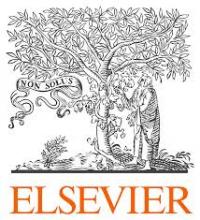Resource information
The Socio Bosque program is a national conservation agreement scheme of the government of Ecuador. Socio Bosque consists of the transfer of a direct monetary incentive per hectare of native forest and other native ecosystems to individual landowners and local and indigenous communities who protect these ecosystems, through voluntary conservation agreements that are monitored on a regular basis for compliance. Two years after its creation, the program now includes more than half a million hectares of natural ecosystems and has over 60,000 beneficiaries. The characteristics of Socio Bosque make it a good example of a national conservation agreement scheme from which important lessons can be drawn: it is part of a clear government policy, combines ecosystem conservation with poverty alleviation, incentivizes and monitors local socio-economic investment, is transparent and straightforward, and has generated nation-wide participation of local and indigenous communities and farmer households. Socio Bosque furthermore sheds light on how benefit sharing mechanisms for national REDD+ strategies could work in practice.



